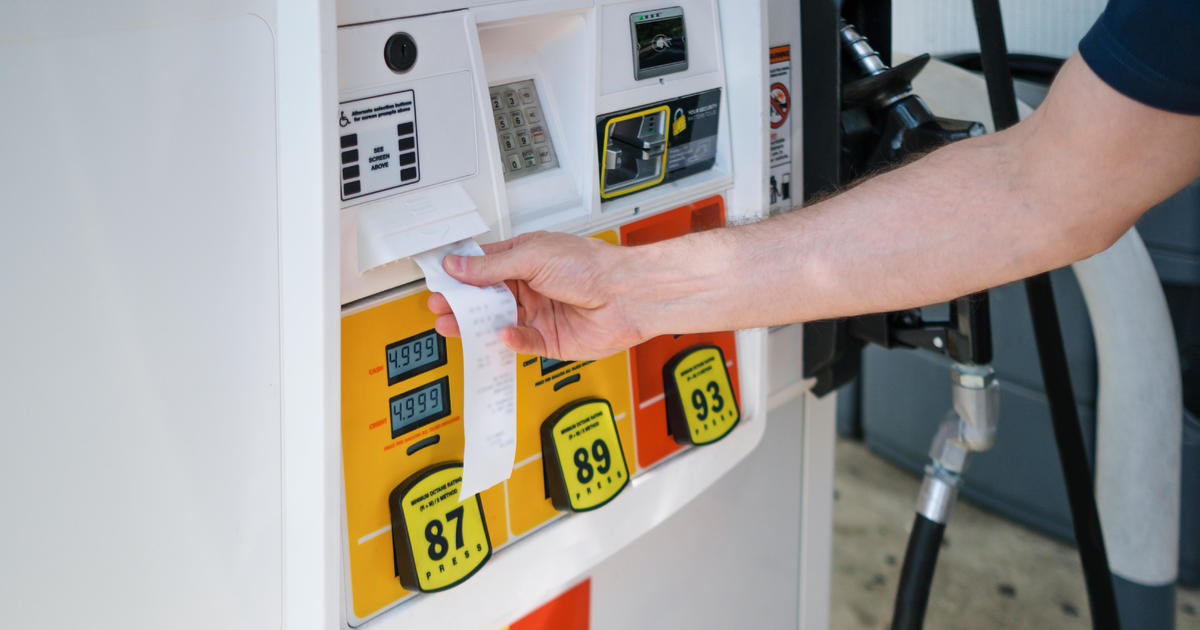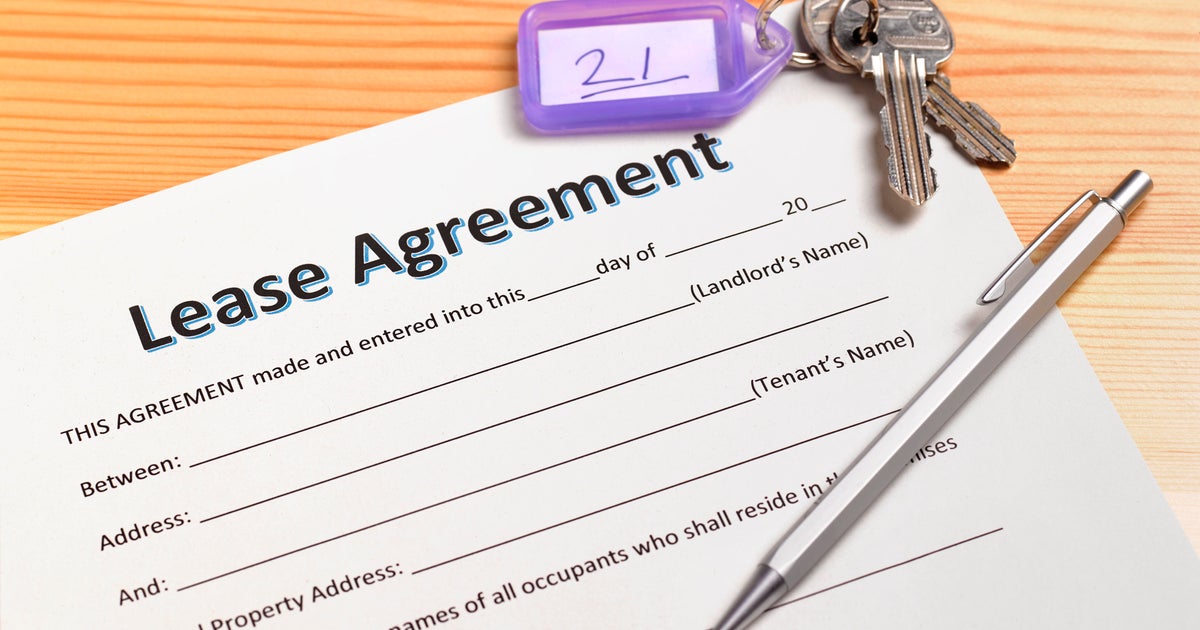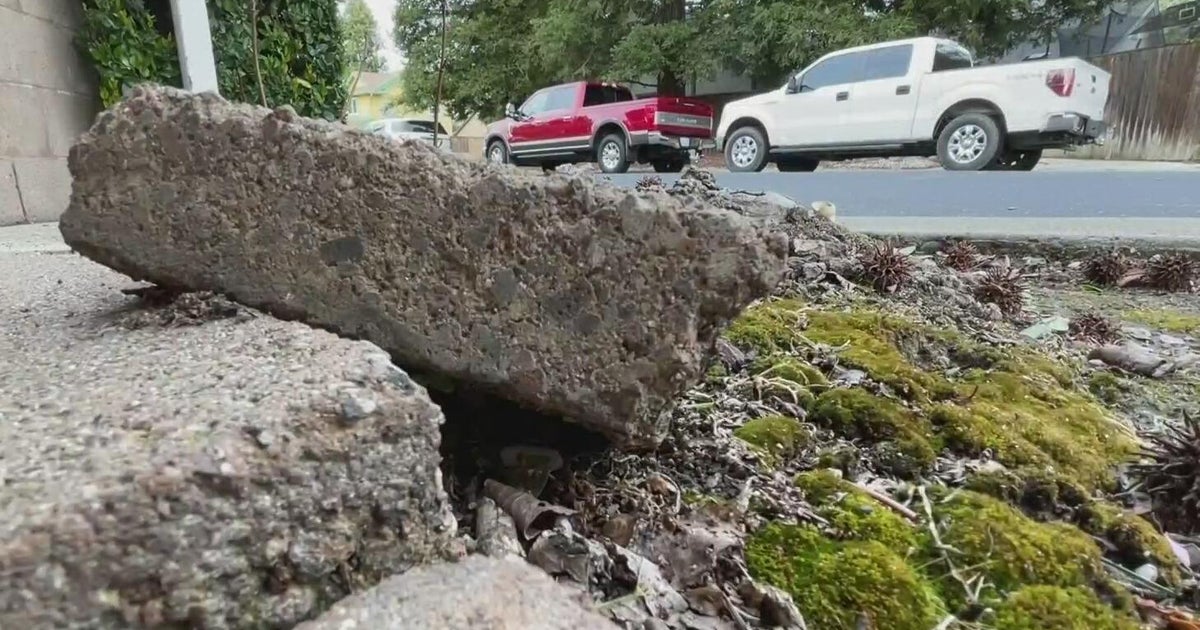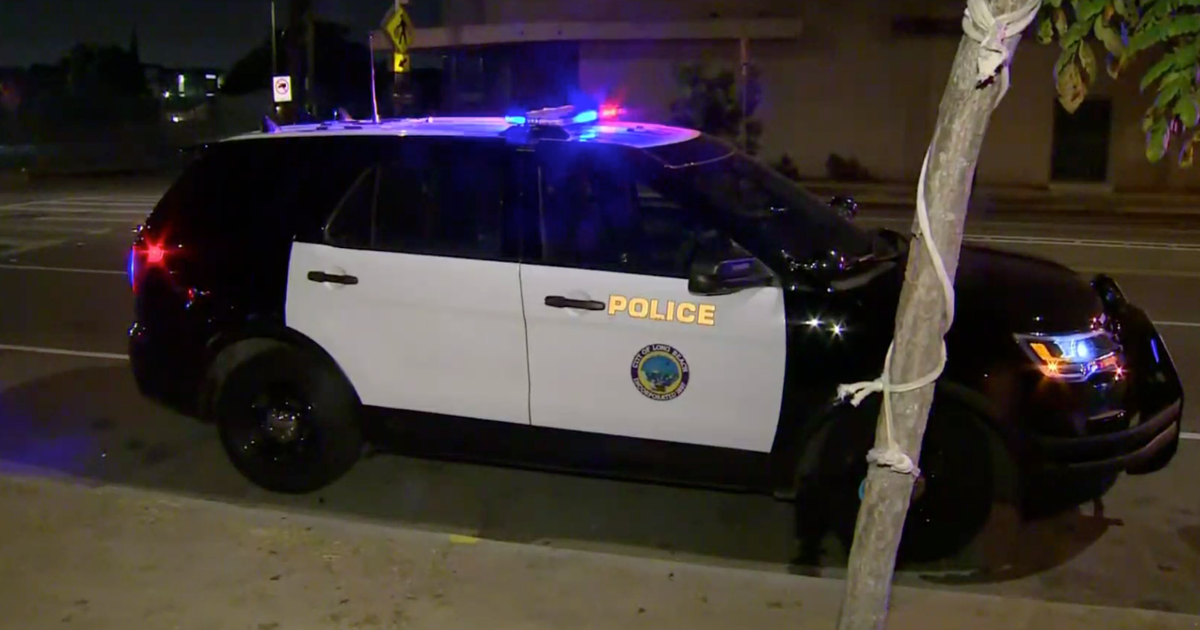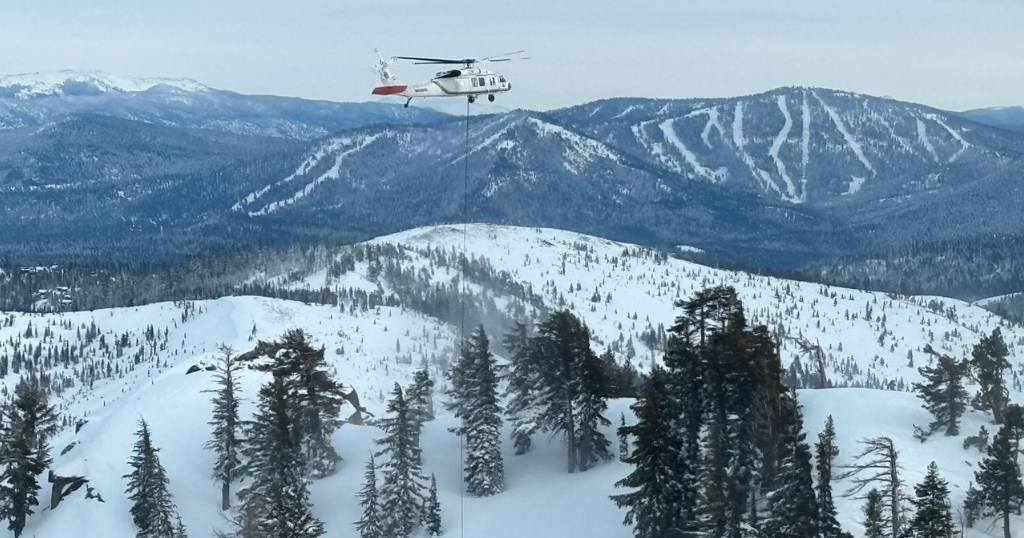Chicago Gas Prices Hit Highest Level In History
CHICAGO (CBS) -- The average price of gas continues to jump ever closer to $5 per gallon, with prices up 18 cents per gallon in the last week.
As WBBM Newsradio's Bernie Tafoya reports, AAA says gas prices have never been higher in Chicago in all of history. Prices were averaging $4.67 per gallon Tuesday morning in the city, and $4.51 in the metro area.
LISTEN: WBBM Newsradio's Bernie Tafoya reports
Podcast
The gas station at Armitage Avenue and Wood Street near the Kennedy Expressway was charging $4.849 for regular, and there are a couple of stations on the city's North Side that are charging even more than that.
The highest gas price in the city was a tie between two stations just west of Lake Shore Drive and the North Avenue Beach. The BP station at LaSalle Boulevard and Clark Street and the Shell station at 130 W. North Ave. were both charging $4.88.
The national average is only $3.89.
"Ridiculous," said a limo driver who says he spends $100 per day on gas.
A tradesman who drives from the North Side to the far southern suburbs every day says he pays about $40 to $50 per day.
So why are gas prices so much higher in Chicago than everywhere else? Analyst Phil Flynn of PFGBEST tells CBS 2 the reason is that Chicago gasoline itself is different.
"Chicago is special in very many ways. Sometimes we have Chicago pizza, hot dogs, you name it. We also have Chicago gasoline, and that is a boutique blend that's a politically-concocted blend of gasoline, that drives up prices every year," Flynn said. "And the other reason, of course, Chicago always seems to get hit, is we have some of the highest taxes in the nation – whether we're talking about the Cook County tax, the state tax, the federal tax – you add it all together on top of the special blends of gasoline – it makes us particularly vulnerable to the price spikes that we saw just recently."
Meanwhile, in about a month, suppliers will make the switch from the winter to the more expensive summer blend. Right now, they are drawing down their supplies of winter gasoline to replace it with the cleaner-burning summer blend in late April or early May.
The benefit of the summer blend is that it contains more oxygen and is relatively better for the environment, Flynn explained. But because the winter supply must be drawn down first, any mishap such as a refinery glitch or a pipeline explosion could send prices soaring even further.
But no matter where you live, crude oil prices are the main driver for gas prices, Flynn explains. Those prices have been exploding as tense negotiations with Iran continue.
If Iran comes back to the diplomatic table, crude oil prices could collapse. But until then, the situation, and the prices, will remain volatile, Flynn said.
"While we go through this process, there's going to be an emotional roller coaster. We're going to live headline to headline," Flynn said, "and when that happens, of course, prices are going to respond pretty dramatically."
